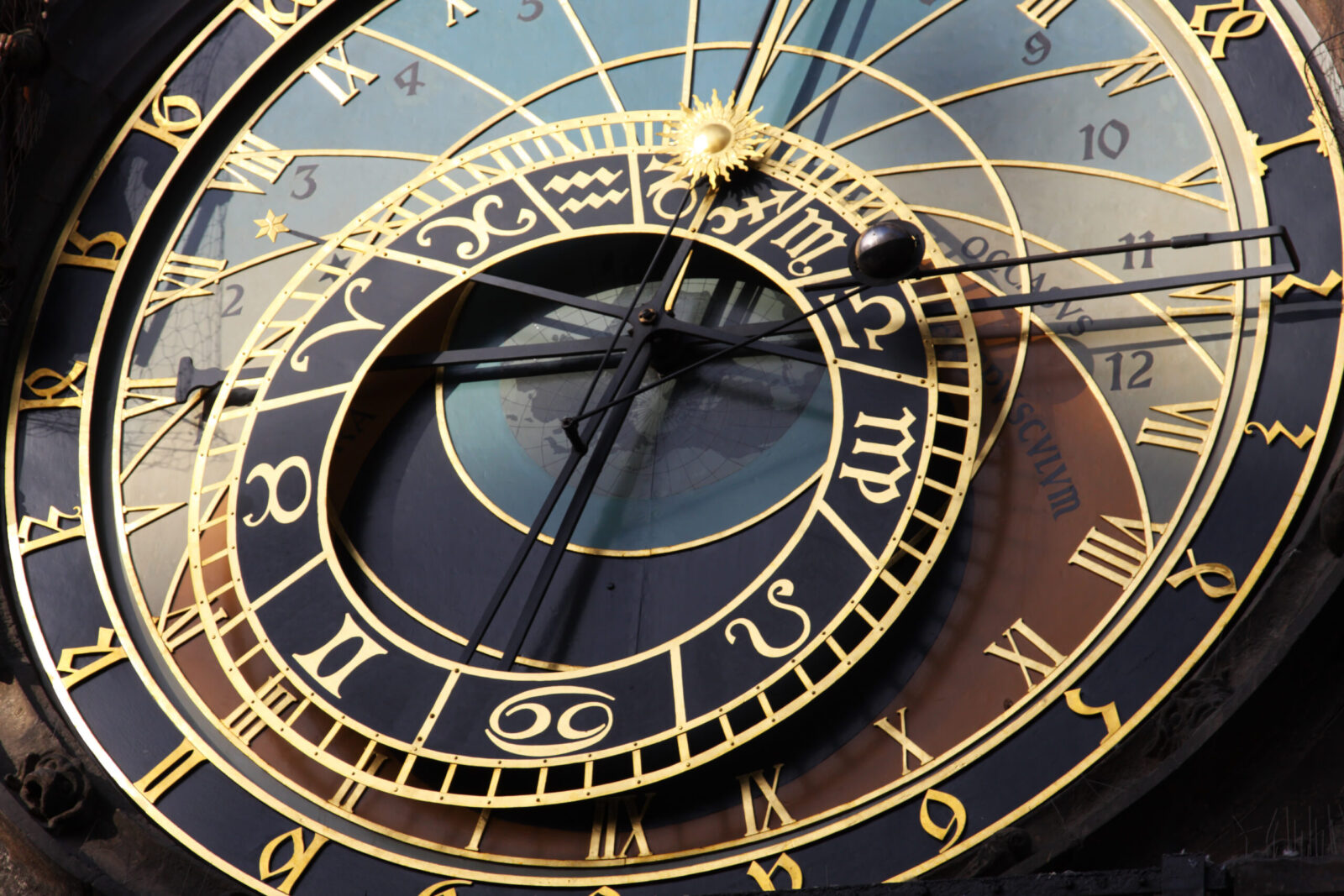


How the Arts and Sciences Reveal the Genius of Nature Part 2

How the Arts and Sciences Reveal the Genius of Nature
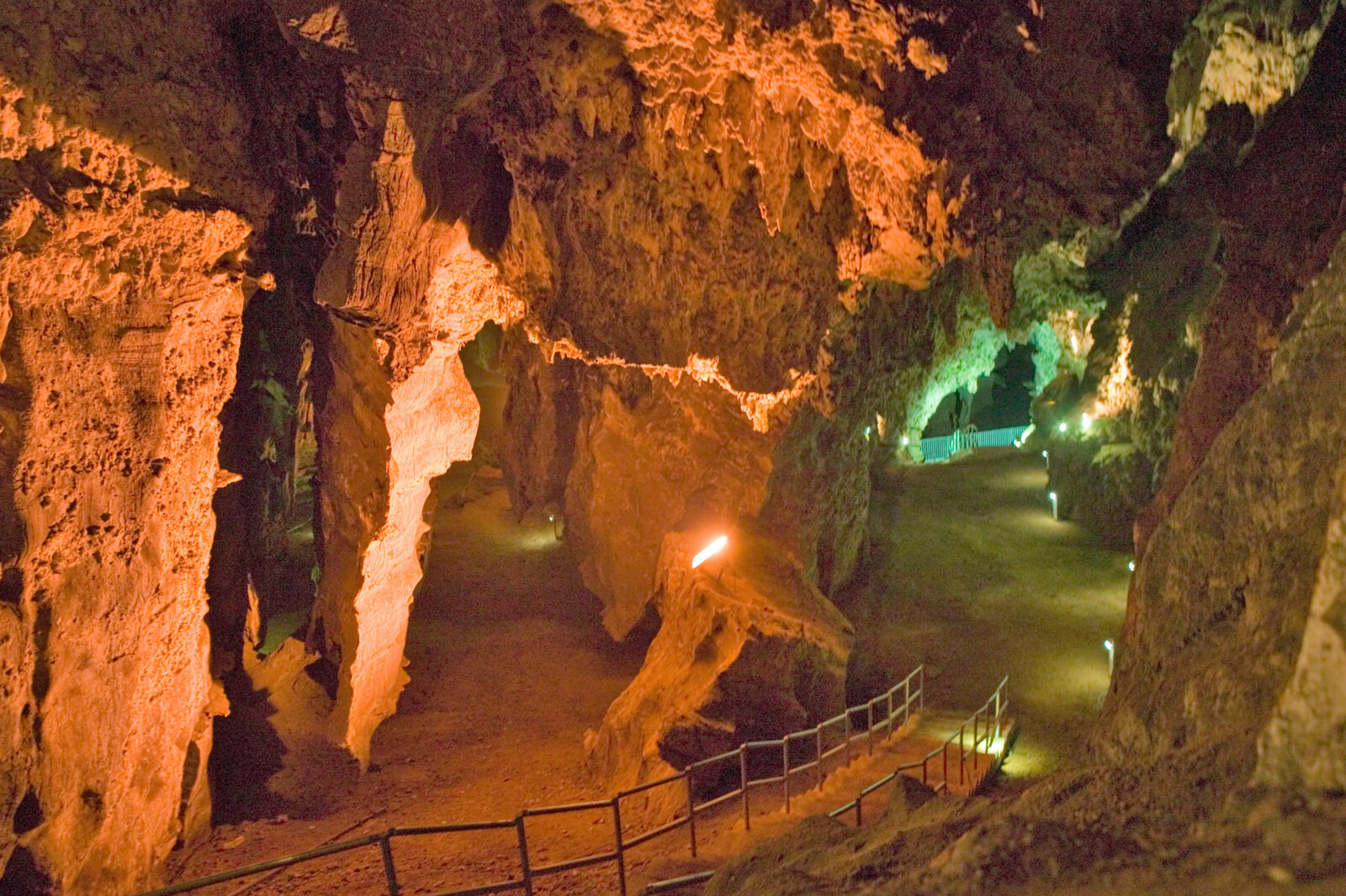
New South Africa Book Explores Evidence of Design
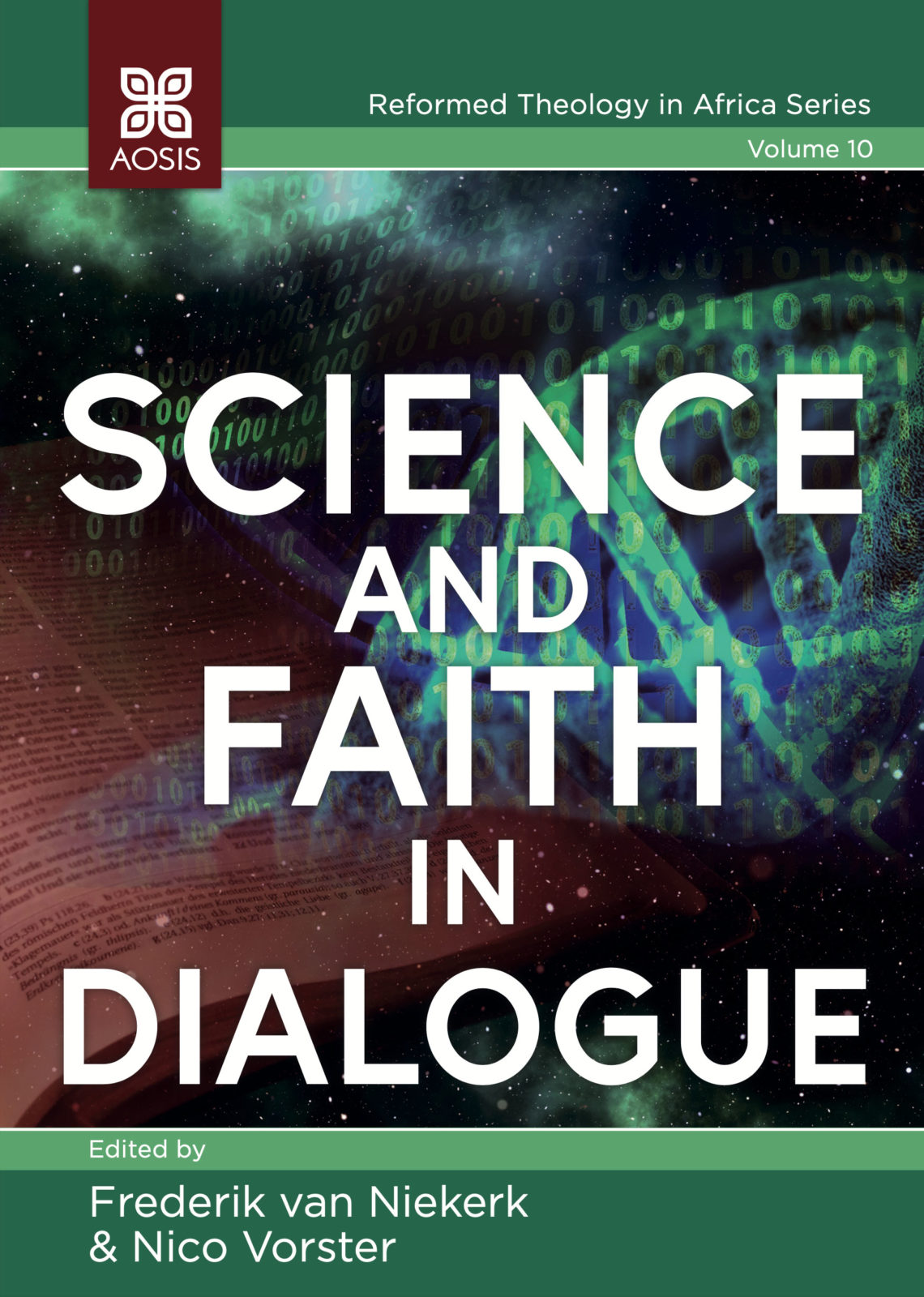
Science and Faith in Dialogue
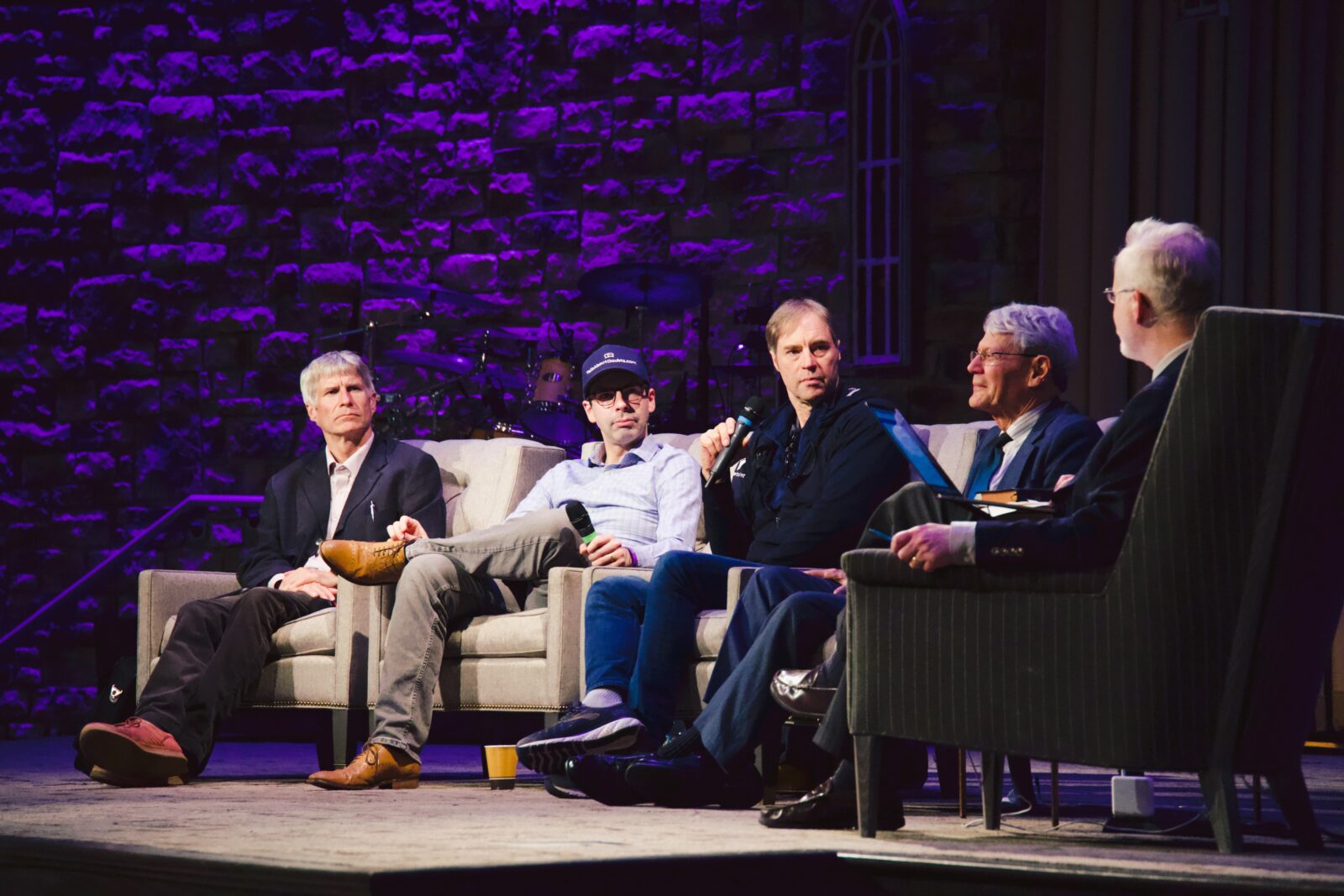
Answering Questions about Science and Faith
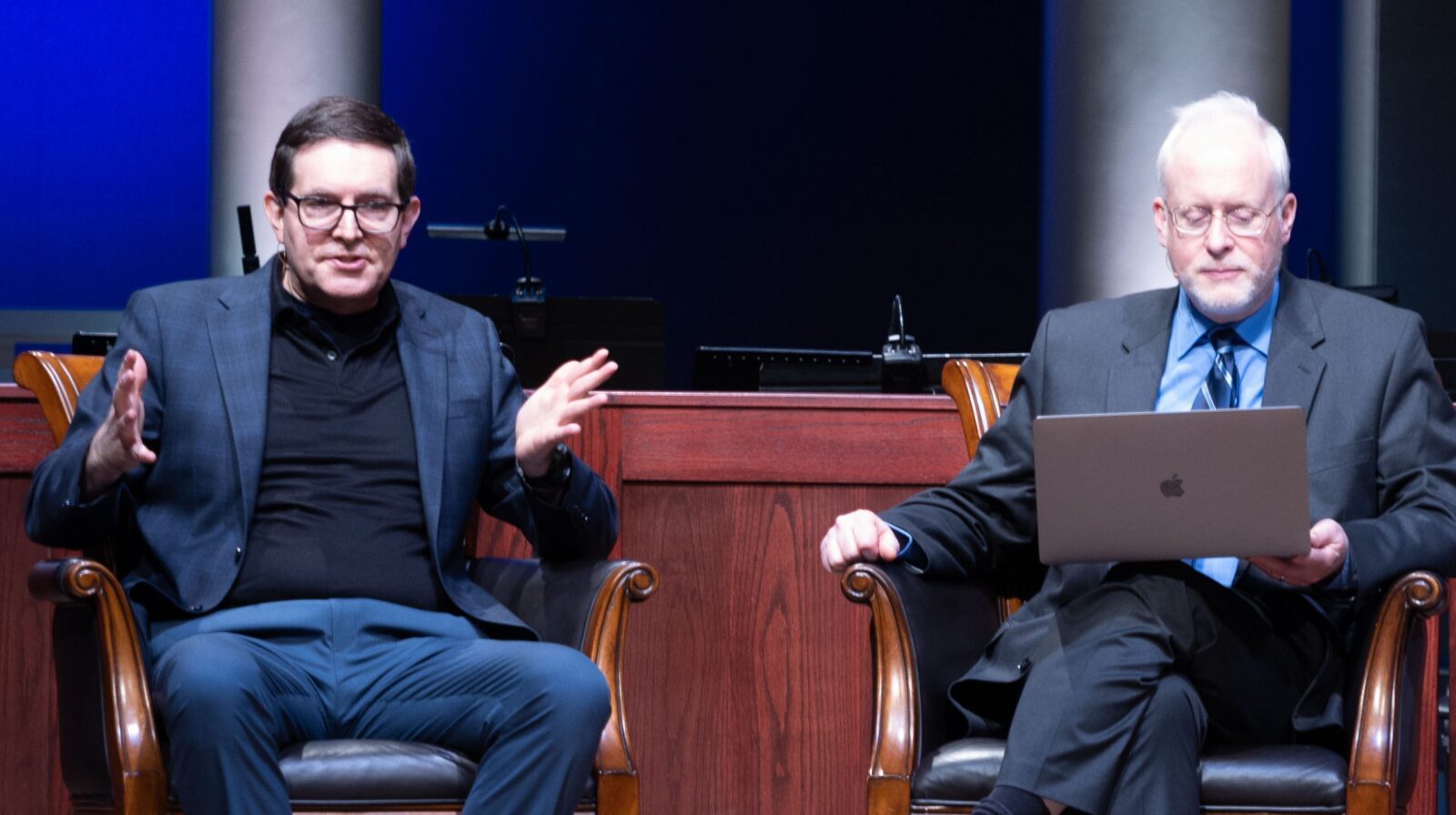
Brian Miller Q&A: Engineering in Biology, and THE Engineer
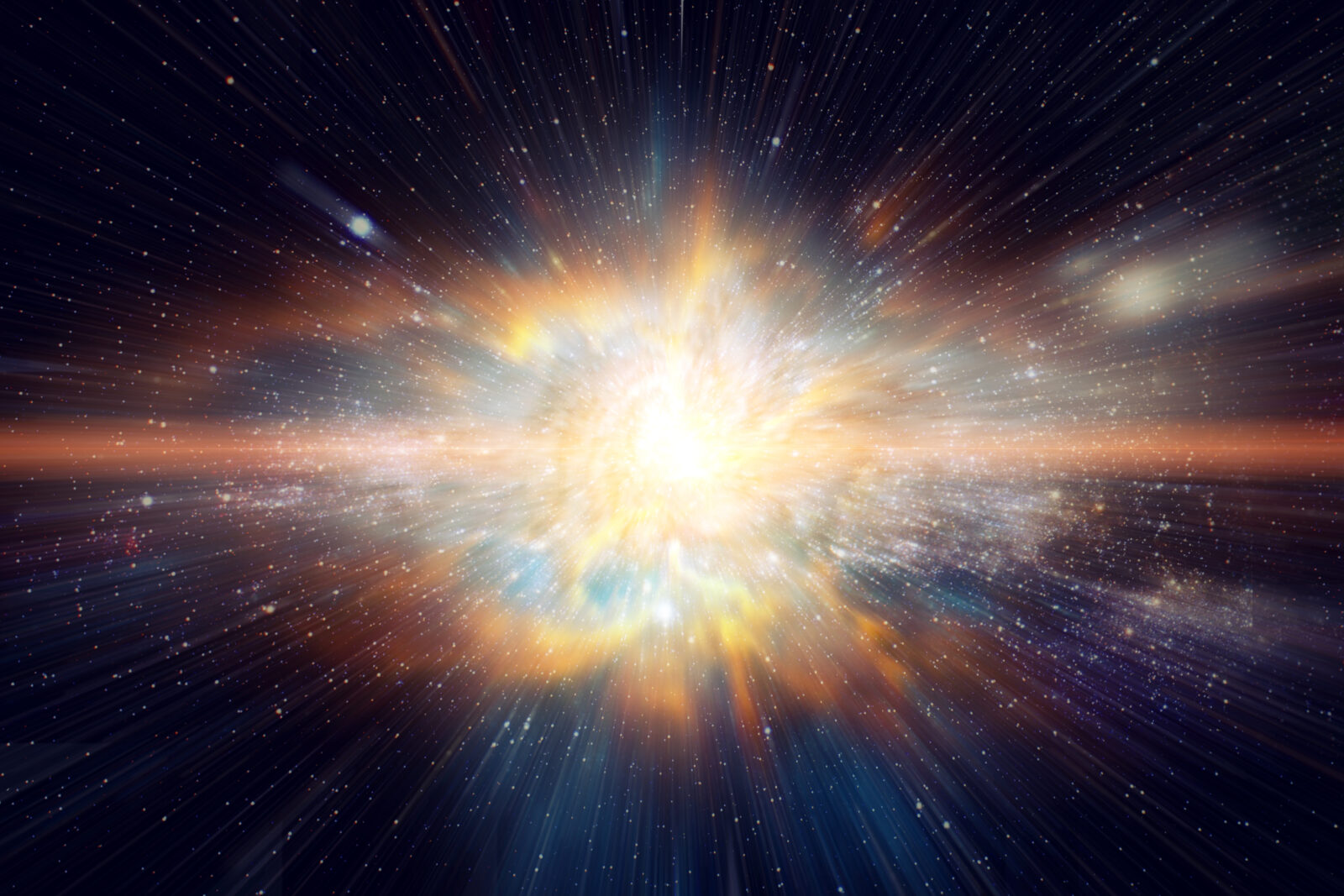
How Science Stopped Backing Atheists and Started Pointing Back to God

Unbelievable: Galileo Proved the Church’s Irrational Opposition to Science
